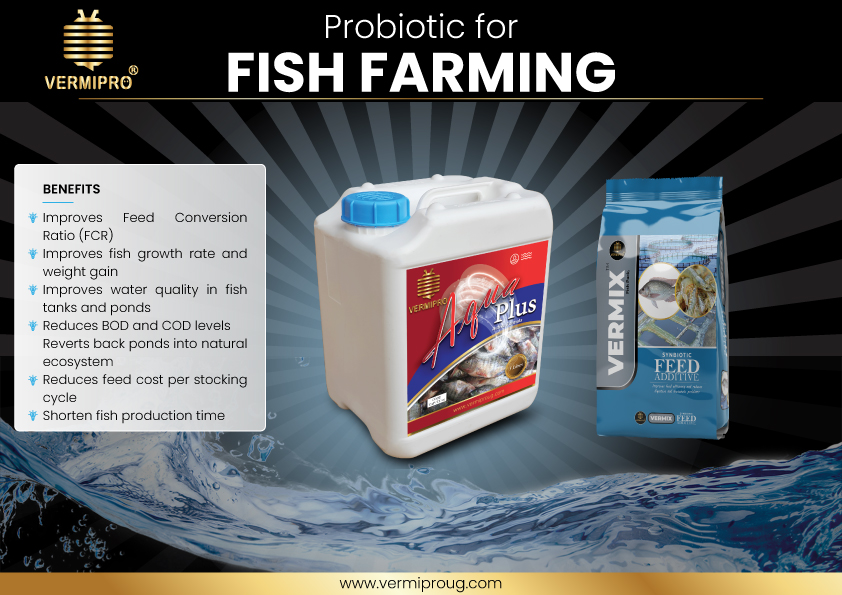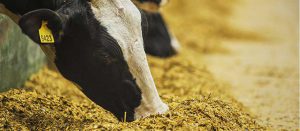The aquaculture industry is one of the fastest growing food producing sectors in the world, as Well as of significant economic importance, expectations of development estimate that much of the food of marine origin and of FRESH water in the future will be provided by aquaculture. However, closed crops have threatened industry because of the proliferation of pathogens that until recently were controlled with the addition of antibiotics.
The development of bacteria resistant to antibiotics means an enormous risk of transmission from the environment to the human (Pandiyan et al 2013). In addition, the use of antibiotics does not discriminate and equally eliminates the beneficial microbiota in the gastrointestinal system of the organisms of interest, as well as, it accumulates in organisms affecting to man as a final consumer. Because of these problems, a global trend has been created that has led to the search for healthy alternatives with the environment to control the pathogens that cause diseases of commercial interest
One of the problems of the aquaculture industry is the presence of pathogenic microorganisms whose proliferation is enhanced when the healthy quality of the culture systems do not meet or comply with physical-chemical-biological parameters. in order to improve these problems, less aggressive alternatives to the environment have been sought
This is why probiotic bacteria are proposed as an alternative to the same systems where they will be applied, since they generate greater interest in not presenting a threat to the ecosystem, favor survival, improve the immune system of organisms and have antibacterial properties against pathogenic bacteria.
Probiotics are a new tool in disease control and improved water quality in the aquaculture industry. Currently, probiotics have become fashionable in the worldwide market as a dietary supplement. The interest in its consumption is related to be within the category of functional/natural foods. Rapid consumer awareness is due to the currently proven therapeutic benefits of probiotics. The benefits associated with probiotics are related to
Nutrient contribution
Promote survival
Improve the host immune system
Promote growth and/or antibacterial properties against pathogenic bacteria.
In addition, probiotics isolated from the same systems where they will be applied, generate greater interest by not presenting a threat to the surrounding ecosystem.






